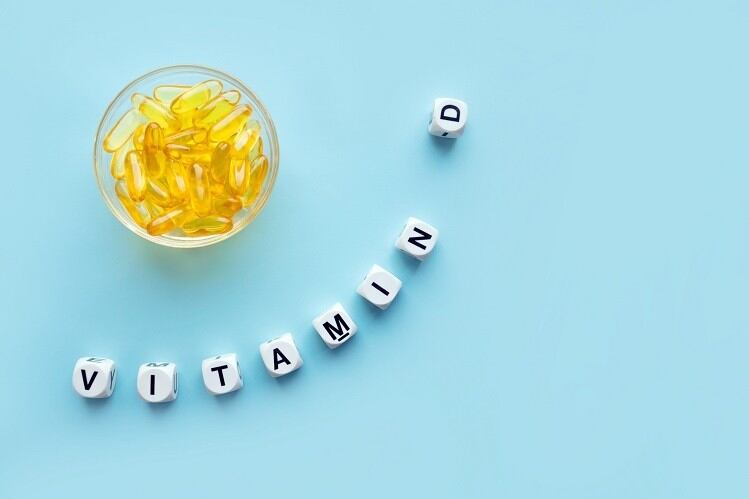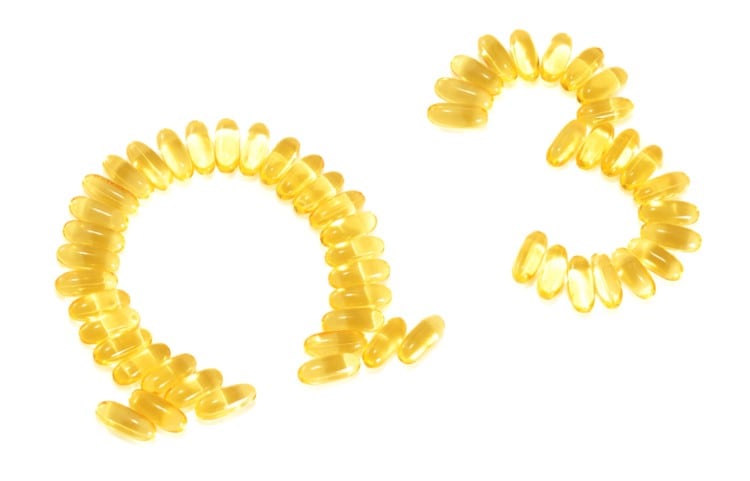For instance, the study found that non-deficiency in either vitamin D or zinc produced a protective effect, as the incidence of COVID-19 was lowered by 63 per cent.
In patients with COVID-19, the absence of micronutrient deficiency also provided protection against mortality, ICU admission, progression to respiratory-related complications, severe/critical disease onset or requiring respiratory support, and hospitalisation rate, although the impact was not statistically significant.
This study was conducted by researchers from the Saw Swee Hock School of Public Health and Centre for Infectious Disease Epidemiology and Research at the National University of Singapore.
The study was supported by an operational research program funded by the Singapore Ministry of Defence.
“The usage of micronutrients as prophylaxis and complementary supplement in therapeutic management of COVID-19 patients may be a promising and cost-effective approach warranting in-depth investigation,” the researchers said.
Thirty-three studies were included in the systematic review, of which, 19 were selected for meta-analysis. These studies were found on Pubmed, EMBASE, Cochrane, Scopus, and CINAHL in October last year.
Most of the studies (27) looked at the link between micronutrient deficiency and COVID-19, while five were supplementation studies, and one assessed supplementation and micronutrient deficiency.
In total, data from over 360,000 participants across 16 countries was studied. The largest study, conducted in the UK, was a retrospective study on 341,484 adults and their baseline vitamin D level.
Most of the studies included in the review were from China (6), and there were three studies each from the US, UK, and Austria.
At least half of the studies (57.6 per cent) assessed vitamin D and its links to COVID-19 incidence and severity.
This was followed by iron/ferritin, where there were eight such studies.
“This review showed that micronutrients in their entirety have effects on COVID-19 incidence and severity outcomes. Individuals without micronutrient deficiency had reduced odds of COVID-19 incidence and disease severity,” the researchers said.
Vitamin D
Non-deficiency in vitamin D or zinc could lower the odds of COVID-19 incidence by 63 per cent.
Supplementation of vitamin D in the form of calcifediol also showed a 97 per cent reduction in the odds of ICU admission, as well as a lower proportion of deaths, although the reduction was not statistically significant.
In contrast, COVID-19 patients deficient in vitamin D and calcium consistently showed higher odds (ranging from 1.96 to 5.12 times) of developing composite outcomes, including death, ICU admission, and/or needing oxygen therapy.
Iron
Non-deficiency of iron/ferritin produced mixed results, depending on the biomarker used for measuring iron levels.
For example, elevated serum ferritin levels were associated with increased mortality risk, but that of post-treatment serum iron levels were associated with lowered odds of mortality.
Zinc
Having a sufficient zinc level was linked to a lower incidence of COVID-19, where the odds of COVID-19 was reduced by 91 per cent.
Combined supplementation of zinc and vitamin C in COVID-19 patients during their infection also led to lower proportion of deaths.
In fact, the study on zinc and vitamin C was the only study that examined vitamin C and COVID-19 incidence and severity in this systematic review.
Further studies will be required to assess the isolated effect of vitamin C, the researchers said.
On the other hand, zinc deficiency was associated with longer hospitalization stay, with zinc-deficient COVID-19 patients staying approximately 2.2 days longer than non deficient patients.
This was a significant outcome with a p-value of 0.048.
Zinc-deficient patients were also more likely to be hospitalised for more than six days.
Source: Nutrients
Micronutrients Deficiency, Supplementation and Novel Coronavirus Infections—A Systematic Review and Meta-Analysis
https://doi.org/10.3390/nu13051589
Authors: Wang, M.X.; Gwee, S.X.W.; Pang, J.



